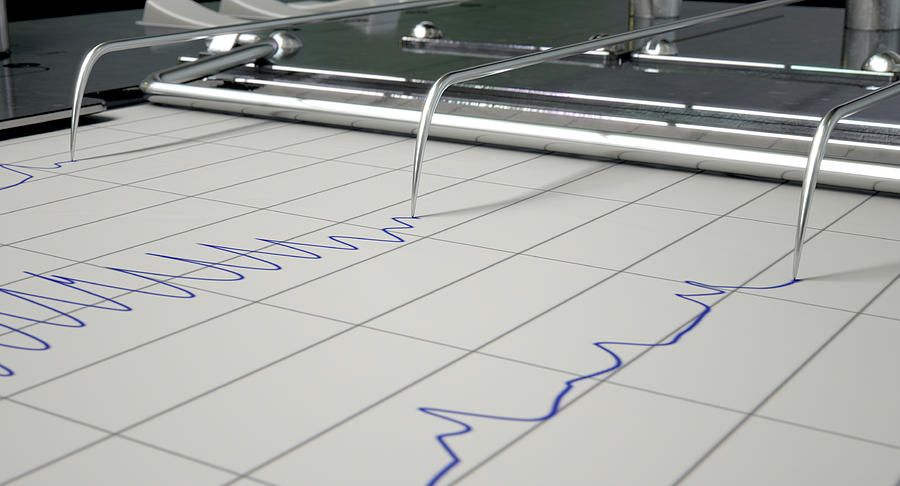Unveiling the Truth: The Power of the Lie Detector Test
Unveiling the Truth: The Power of the Lie Detector Test
Blog Article

In a world where truth and deception often coexist, the lie detector test stands as a beacon of hope for uncovering the hidden realities that lie beneath the surface. Designed to measure physiological responses that can indicate deception, the lie detector test has long been a tool in the arsenal of truth-seekers, law enforcement agencies, and employers alike. It serves as a means to separate fact from fiction, shedding light on the shadows cast by falsehoods.
As the name suggests, the lie detector test scrutinizes the veracity of statements by detecting signs of stress, such as changes in heart rate, blood pressure, and skin conductance, that may accompany dishonesty. While its efficacy and accuracy have been subjects of debate, the allure of this test lies in its potential to reveal the elusive truths that may otherwise remain hidden behind a veil of lies.
History of Lie Detector Tests
Lie detector tests, also known as polygraphs, have a fascinating history that dates back to the early 20th century. Developed by John Augustus Larson in 1921, the first polygraph machine was rudimentary compared to modern versions but laid the foundation for future advancements. Originally used in law enforcement, the polygraph quickly gained popularity as a method to detect deception.
Over the decades, lie detector tests have faced criticism and controversy regarding their accuracy and reliability. Despite this, the technology continued to evolve, incorporating new features and methodologies to enhance its effectiveness. Improved algorithms and physiological measurements have made modern polygraph tests more sophisticated than ever before.
Today, lie detector tests are used in various fields beyond law enforcement, including government agencies, private businesses, and even in personal relationships. While their results may not always be admissible in court, polygraph tests remain a valuable tool for uncovering deception in a wide range of settings.
Accuracy and Reliability
Lie detector tests are widely used in various settings to determine the truthfulness of individuals. The accuracy of these tests depends on a combination of physiological responses such as heart rate, blood pressure, and skin conductivity. During a polygraph examination, these responses are carefully monitored to identify any deviations that may indicate deception.
Lie detector test
The reliability of lie detector tests has been a subject of ongoing debate within the scientific community. While some studies suggest that these tests have a high degree of accuracy, others argue that factors such as anxiety, stress, and individual differences can impact the results. It is important to consider these variables when interpreting the findings of a lie detector test and to take into account the limitations of this technology.
Overall, the effectiveness of lie detector tests largely depends on the skill and experience of the examiner administering the test. A well-trained examiner can accurately interpret the physiological responses and provide valuable insights into the truthfulness of the individual being tested. However, it is essential to recognize that lie detector tests are not foolproof and should be used in conjunction with other forms of evidence when making important decisions.
Ethical Considerations
When it comes to utilizing lie detector tests, ethical considerations play a crucial role in ensuring the fairness and reliability of the results. It is important to consider issues surrounding consent, privacy, and the potential psychological impacts on individuals undergoing such tests.
Consent is a key ethical aspect in conducting lie detector tests. Participants must fully understand the implications of the test, including its limitations and the potential consequences of the results. Without informed consent, administering a lie detector test can raise serious ethical concerns regarding autonomy and respect for the individual's rights.
Privacy is another ethical consideration that cannot be overlooked in the context of lie detector tests. Safeguarding the sensitive information obtained through the test is essential to protect the privacy and confidentiality of the individuals involved. Striking a balance between gathering truthful information and respecting privacy rights is imperative for upholding ethical standards in using lie detector tests.
Report this page